Question And Answer
Publications
Articles, publications, books, tools and multimedia features from the U.S. Institute of Peace provide the latest news, analysis, research findings, practitioner guides and reports, all related to the conflict zones and issues that are at the center of the Institute’s work to prevent and reduce violent conflict.
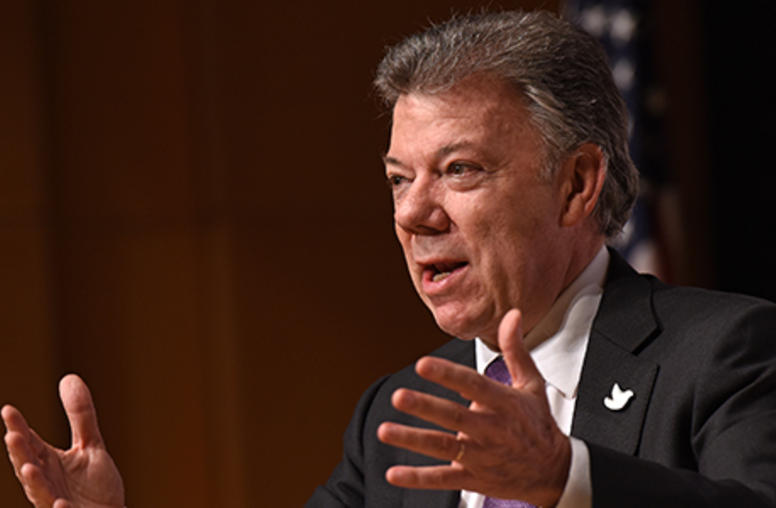
Colombian President Says 51-Year War May End Next Month
Colombian President Juan Manuel Santos said his government and the country’s biggest guerrilla group likely will be able to sign a final peace accord close to their self-imposed deadline of March 23, ending more than half a century of internal conflict. Speaking today in Washington at an event co-hosted by the U.S. Institute of Peace, Santos said his government will return to the ongoing negotiations in Havana with new procedures aimed at expediting the final phase.
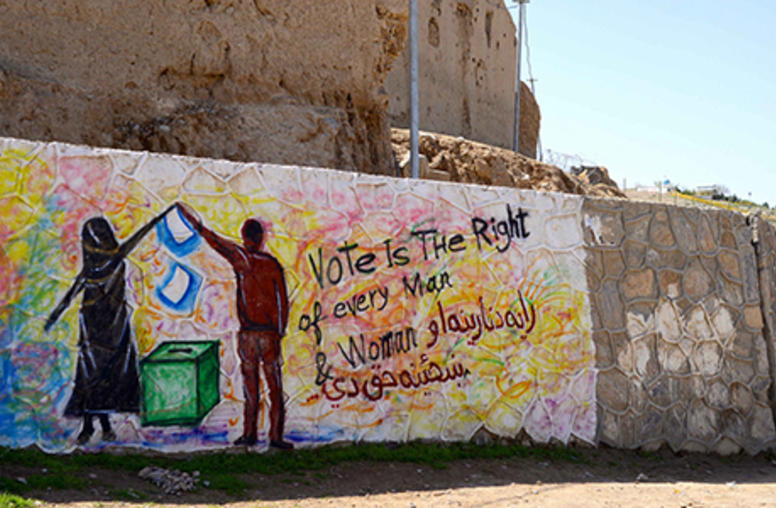
In Afghanistan, No Leadership Means No Elections
The only way for Afghanistan to avert electoral disaster is if the Ghani government and parliament act together to take cohesive and swift action.
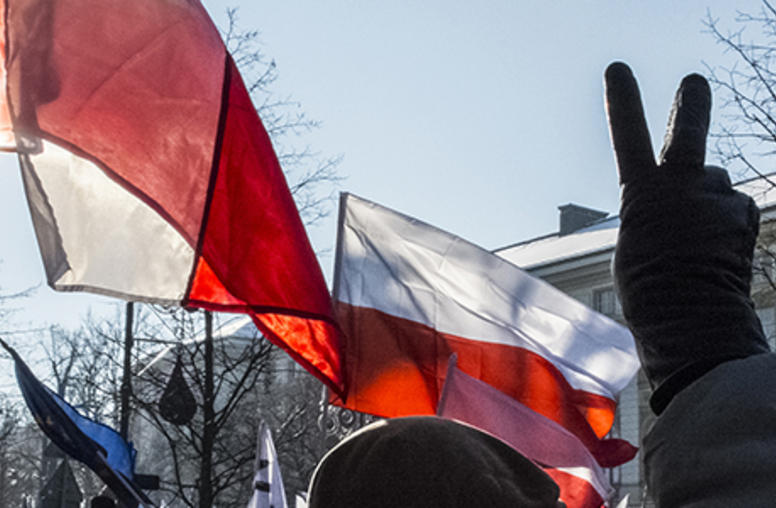
Poland’s Liberals Strike Back
Here's how Poles are fighting back against their authoritarian-leaning new government.
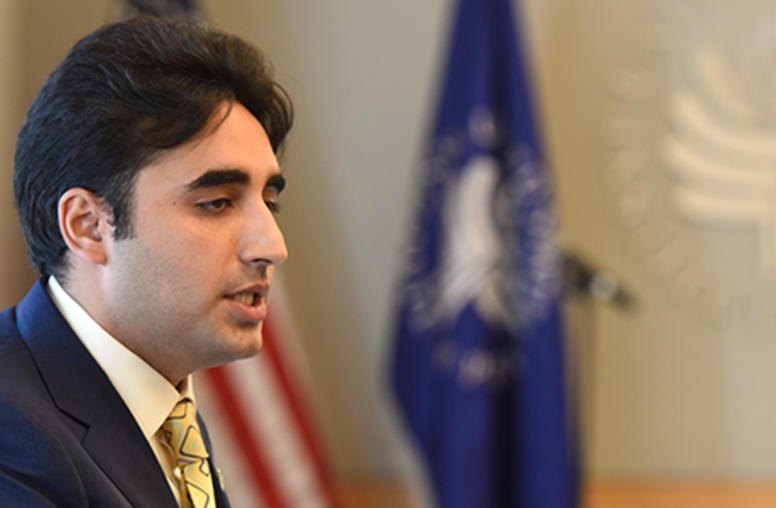
Bhutto Zardari: Pakistan Should Expand Counterterrorism Activities to All Provinces
The Pakistani government of Prime Minister Nawaz Sharif must expand its counterterrorism operations to all provinces and implement a 2015 national plan to achieve the stated goal of eradicating militant groups, said Bilawal Bhutto Zardari, leader of the opposition Pakistan People’s Party. Failure to take these steps risks undermining the nation’s fragile progress, he said.
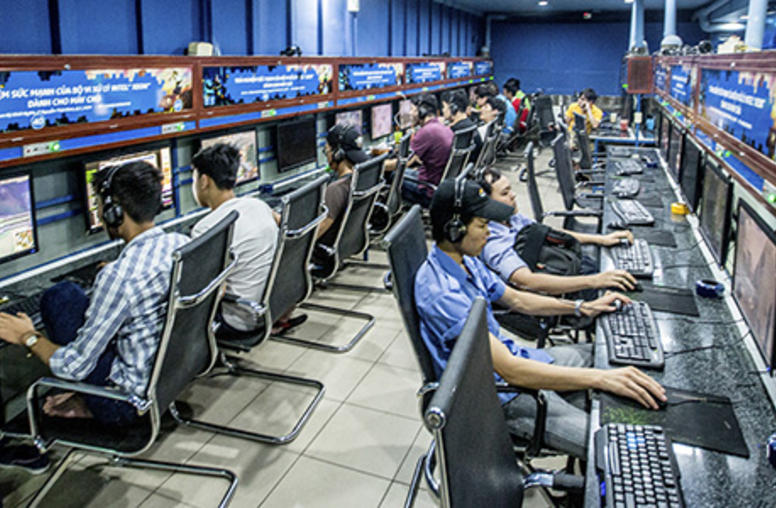
Can Your PlayStation Stop a War?
Video games are being used for everything from helping find cures for HIV to losing weight. It's time to start using them to make peace.
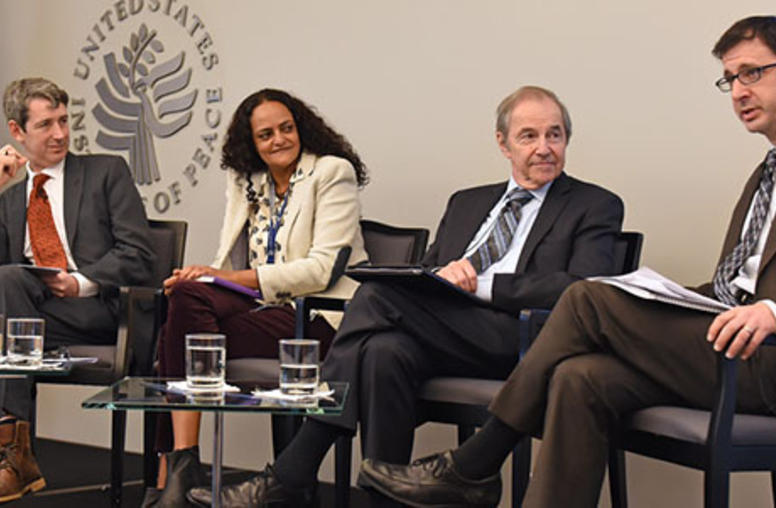
Patronage and Peace in the Horn of Africa
Peacebuilders in the Horn of Africa and across the larger Middle East are likely to get better outcomes with a greater understanding of the region’s “political marketplace,” where loyalties based on financial and economic means seem to create more stability than classic institution-building, according to Alex de Waal, executive director of the World Peace Foundation and a professor at Tufts University. But rather than succumbing to illegitimate patronage, some experts say the answer may lie i...
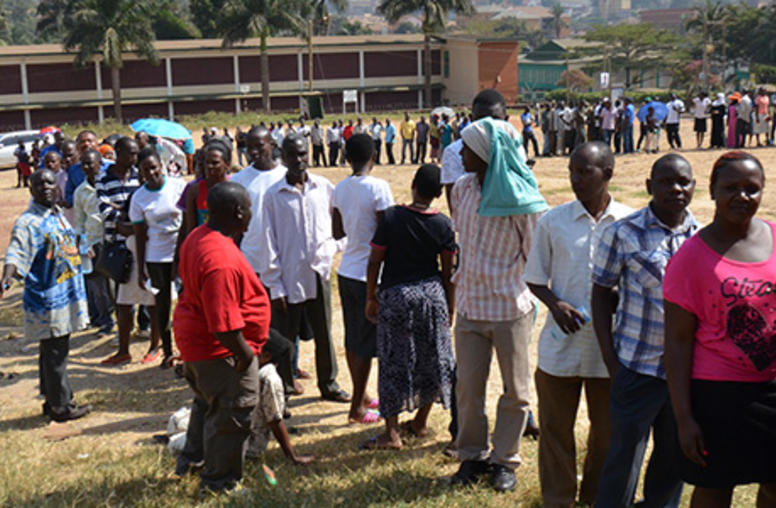
Q&A: Uganda’s Troubled Election
Political polarization is high in the East African nation of Uganda, following the February 18 elections in which President Yoweri Museveni has claimed a victory that will extend his 30-year rule of the country. Elizabeth Murray, who oversees USIP’s programming and research in Uganda, discusses the tensions created by the elections, including the government’s repression, and arrests, of political opponents.
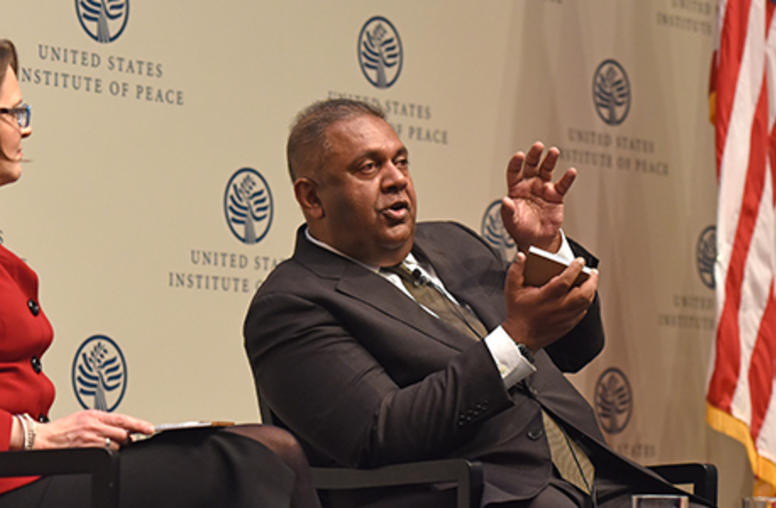
Sri Lanka Steps Carefully in Shaping Courts to Try War Atrocities
The Sri Lankan government expects to decide within six months the shape of special courts to address war crimes committed in the country’s 26-year civil war, its foreign minister said at the U.S. Institute of Peace. The courts will include “international participation”—with foreign professionals perhaps serving as investigators, judges or prosecutors—said Foreign Minister Mangala Samaraweera. But in a reflection of the political sensitivities of the post-war reconciliation effort, Samaraweera...
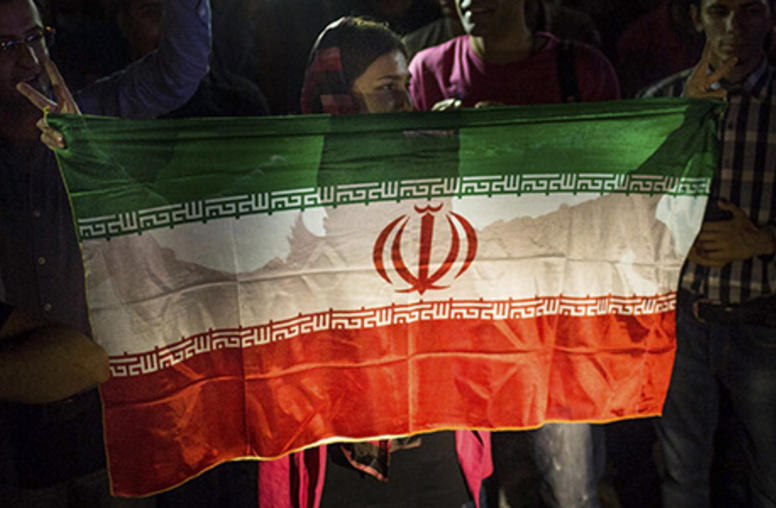
Q&A: Iran’s Elections Erode Hardliners’ Dominance
Results from Iran’s elections last week show that reformists, centrists and independents—including many new faces—won seats in both parliament and the clerical Assembly of Experts at the expense of hardliners. Garrett Nada, the assistant editor of The Iran Primer at the U.S. Institute of Peace, discusses the implications.
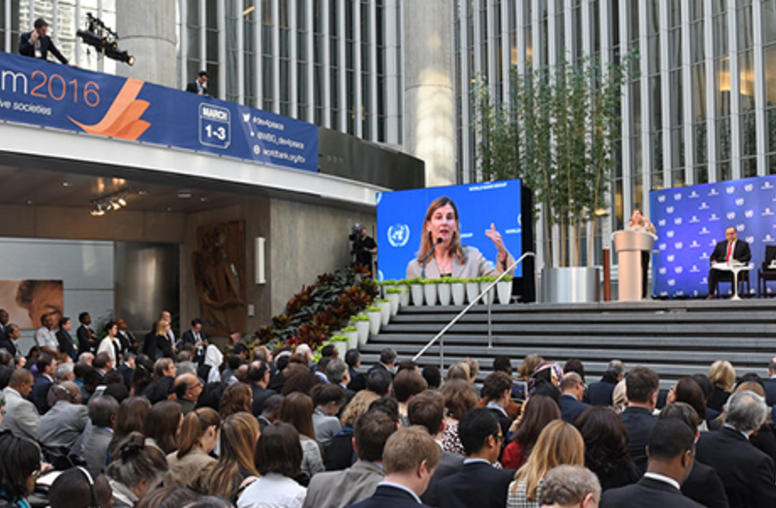
Fragile States Require Unified Response, Lindborg Says
U.S. Institute of Peace President Nancy Lindborg called for united action by humanitarian and economic development organizations, telling the opening session of the World Bank’s 2016 “Fragility Forum” that peace, development and security are inextricably linked in today’s world crises.